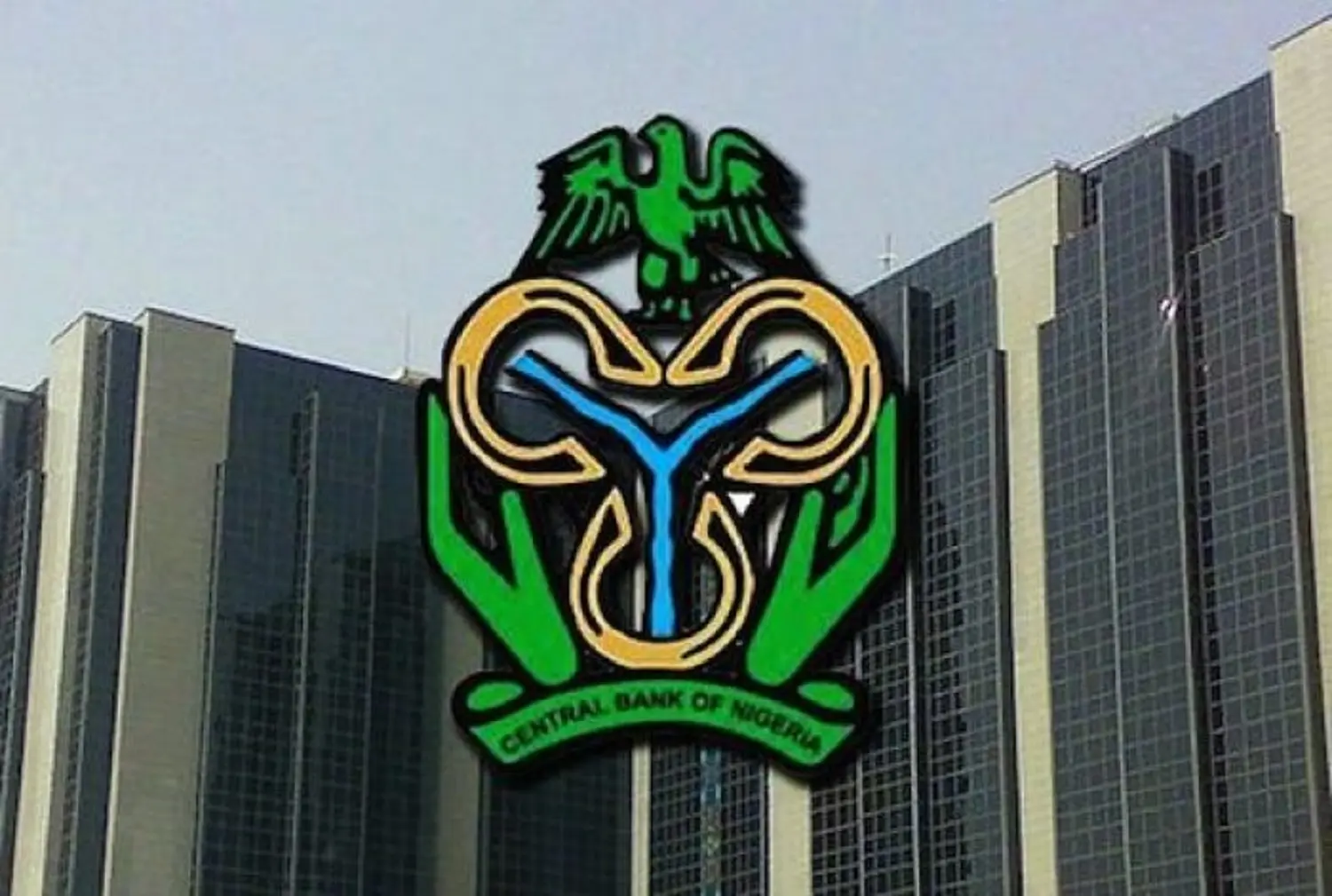The Central Bank of Nigeria (CBN) is facing a significant liquidity challenge in supporting the naira, with nearly $20 billion of its $33 billion in foreign reserves locked into various derivative deals, reports the Economist Intelligence Unit (EIU) in its latest Country Report on Nigeria.
The report highlights the naira’s vulnerable position amidst mounting inflation and policy decisions that could further destabilize its value.
“For most of this year, the naira will be highly volatile, leading to regulatory erraticism that can affect businesses, especially those holding foreign currency,” the report reads.
The EIU suggests that foreign borrowing will be essential to replenish the CBN’s reserves, clear backlogs of unmet foreign exchange orders, and restore confidence in the naira.
“We believe it will take foreign borrowing to rebuild the CBN’s buffers, fully clear a backlog of unmet foreign exchange orders, and restore confidence. This is probably only achievable towards the end of 2024,” the report adds.
Nigeria has already embarked on this path by securing loans from institutions like the African Export-Import (Afrexim) Bank, the African Development Bank, and seeking additional funds from the World Bank.
The CBN is also collaborating with the International Monetary Fund (IMF) to devise a framework to address excessive volatility in the forex market.
The EIU forecasts a gradual recovery of foreign reserves between 2024 and 2028. However, it maintains a cautious stance on the naira’s valuation, projecting further depreciation due to persistent inflation and negative real short-term interest rates.
Despite short-term projections indicating a rate of N1,770/$ by the end of 2024 and N1,817/$ by 2025, concerns persist regarding the naira’s long-term stability. The report suggests a potential decline to N2,381/$ by 2028, with a 5-15% spread against the parallel market, reflecting lax monetary fiscal policies and fluctuating oil prices globally.
The report also highlights the dilemma faced by the CBN in balancing its policy decisions with President Bola Tinubu’s economic objectives, including a reluctance to raise interest rates and an ambition to double GDP by 2031.
The report states, “Deficit monetization and high inflation will undermine the currency.” It anticipates challenges in implementing aggressive monetary policies due to political considerations and limited fiscal firepower.
While the CBN’s recent reforms have attracted foreign investment and increased foreign exchange inflows, challenges persist in clearing the forex backlog and stabilizing the naira’s value. Nonetheless, adjustments in benchmark interest rates have sparked renewed investor interest in short-term sovereign debt, contributing to increased foreign exchange inflows in recent months.











